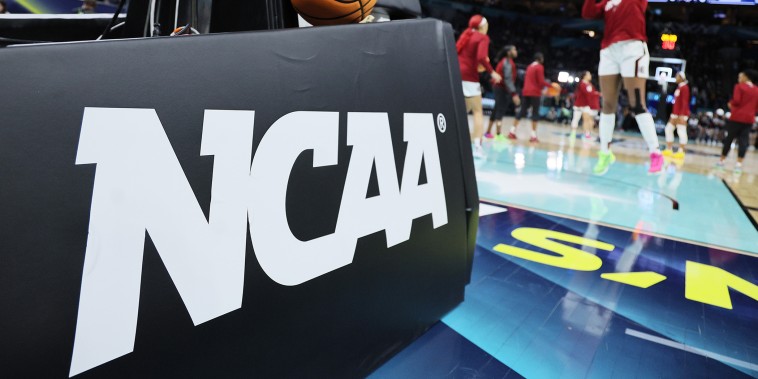The recent settlement regarding student-athlete compensation in the NCAA has sparked widespread discussions on the financial rights of these players. The landmark agreement represents a significant shift in how colleges and universities view the role and value of their student-athletes, particularly in generating revenue for the institutions.
One of the key aspects of the settlement is the establishment of a fund that will provide financial compensation to current and former student-athletes for the use of their names, images, and likenesses. This move acknowledges the contributions that these athletes make to generating revenue for their schools, especially in high-profile sports like football and basketball.
Furthermore, the settlement includes provisions for improved healthcare and educational support for student-athletes. This signifies a positive step towards ensuring the overall well-being and development of these individuals beyond their athletic careers.
The NCAA has long faced criticism for profiting off the talents and efforts of student-athletes without adequately compensating them. This settlement marks a significant departure from the traditional amateurism model that has governed college sports for decades.
While the financial compensation for student-athletes is a positive development, it also raises questions about the long-term implications for college athletics. Some argue that introducing payment for student-athletes may blur the line between amateur and professional sports, potentially impacting the competitive balance and integrity of college athletics.
Moreover, the settlement could lead to broader changes in how college sports are regulated and governed. It may prompt a reevaluation of the NCAA’s rules and guidelines regarding student-athlete compensation, opening the door for further reforms in the future.
Overall, the historic settlement regarding student-athlete compensation represents a significant milestone in the ongoing debate over the financial rights of college athletes. It highlights the evolving landscape of college sports and the increasing recognition of the value that student-athletes bring to their institutions. While the full implications of this settlement are yet to be seen, it undoubtedly signals a new era for college athletics and the treatment of the athletes who drive its success.


























